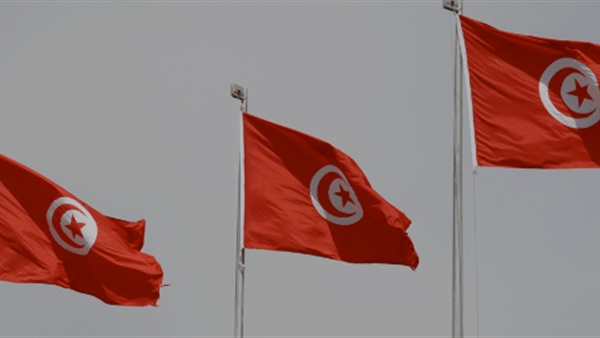Will Tunisia's crackdown on Brotherhood be affected by current regional reconciliations?

The Tunisian judiciary keeps
investigating the file of sending young Tunisians to hotbeds of tension,
especially in Syria and Iraq, after 2011.
The judiciary mainly accuses Ennahda
Movement, the political arm of the Muslim Brotherhood, of involvement in this
file.
Movement leader Rashid Ghannouchi is
expected to be investigated on Monday for the second time in the same file.
The judiciary moves, meanwhile, into
a second stage of investigations with a number of leaders of the movement.
These investigations come as a
result of the extraordinary decisions taken by Tunisian President, Kais Saied,
on July 25, 2021.
These decisions eliminated Ennahda
from the Tunisian political scene.
The parliament which was controlled
by Ennahda was frozen under the president's decisions which adopted the slogan
'Correcting the Course'.
The movement's involvement in the
travel of young Tunisians to Syria and Iraq and also its alleged assassination
of some Tunisian political figures were probed by the Tunisian judiciary.
Unfavourable atmosphere
Apart from the tricks used by
Ennahda to deal with the steps taken by President Saied and the media discourse
adopted by it, in which it shows a kind of equanimity and defiance in the face
of the accusations against it, these investigations opened by the Tunisian
judiciary face an unfavourable regional atmosphere.
Tunisia, some observers said, came
late.
By this, they mean that Tunisia
began inspections and investigations into the policies of the Brotherhood late.
The revolt against the Brotherhood
started in other regional states, including in Egypt which eliminated the group
internally and besieged it externally.
Now, however, Egypt began to change
its external discourse, opening up to Turkey which has long provided support
and refuge to the group's elements fleeing Egypt.
Egyptian President Abdel Fattah
al-Sisi visited Qatar on November 20 to attend the opening ceremony of the FIFA
World Cup in the capital Doha, and met his Turkish counterpart.
This was followed by a comment from
the spokesman of the Egyptian presidency who pointed to the good future of
relations between the two countries.
This raises questions about whether
Tunisia is left alone in the fight against the Brotherhood.
It cannot be said for certain that
Tunisia stands today in the file of rejecting the Brotherhood and exposing its
policies alone, despite Egypt's openness to Ankara.
Egypt continues to reject the Brotherhood
and its ideas, seeking to eliminate it.
This is evidenced by Cairo's
continuing hostility to the group, as well as supporting Tunisia's anti-group
course every time the Tunisian and Egyptian presidents meet.





